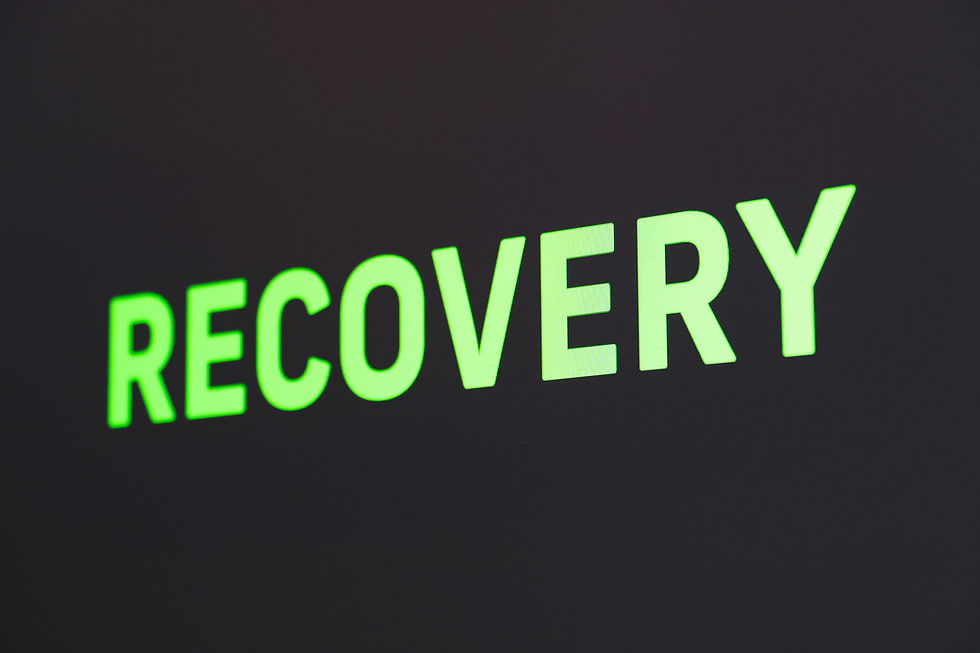Recovery and Performance
- Flow Centre
- Mar 20, 2014
- 3 min read
Recovery is not just a signpost. If we see it, we have to take that exit, so we can live to perform another day.

Allowing our body to recover is not simply giving it complete rest everyone and again. Sometimes the demands of our performances. Don't allow the body to rest for sustained periods, be that hours, days or weeks. We need to look at our every day and see how we can allow our bodies to recover wherever possible. It is a mindset of putting recovery as a priority in our lives. If recovery is not as important as training, how do we expect to train with the same intensity that will lead us to flow and excellence. If we see our own recovery as our own responsibility and hold it as a higher level priority, the opportunities in everyday life will start to unfold before our eyes.
There lies an opportunity for recovery in everything we do. Even during performances we get small breaks of 2 seconds or 2 minutes, that we can use to help the body and mind to recover. For example, during a tennis match a player is given 30 seconds to start the next point. This 30 seconds can be used to stress about the upcoming point, or walk from side to side planning our next move. The slightest bit of stress can use up a small amount of energy that could be absolutely vital at a later stage in our performance. If we combine all the small energy loses from stresses throughout our performance, these actions and mental activity can take up a huge amount of energy. These stress lead to tightened muscle groups that should be relaxing, and often result in zero downtime for our key muscle groups between rest periods. Alternatively we can use these small rest periods to take long deep breaths, asking the body to be aware of what muscle groups need the most recovery and asking the body to give it more energy. Maybe we stand still, visualise pumping fresh blood to this location, or stand in a way that allows the muscle to relax and recover. There is a lot of research suggesting meditation has significant recovery outcomes similar to that of sleep, imagine what we could do with 30 seconds bursts of sleep during our prolonged performances. Maybe we become aware of a stretch we need to do, or the need to take on more water at the next break. In 30 seconds we can do a lot toad in our body's recovery, let alone 60 seconds or 5 minutes. We only need to spend 20 minutes thinking about our own sport or performance arena, and examine the areas where we are not fully engaged in our performance, to see that multitude of gaps that open up where recovery is possible.
When we look at our life as a whole and the time we have in between performances, training and travelling, we can find lots of time to focus on giving the body the recovery it needs. Whether it is meditating on a train, or going to sleep an hour earlier there is a lot that can be changed to our existing schedule to help recovery if we hold it as a priority. When we do this it is worth looking at the type of recovery we are getting, as we may not need to have more downtime, maybe we need to make the existing downtime count for more. The level of intensity of our downtime can change dramatically and can greatly effect our recovery. For example, if our sleep it turbulent and frequently interrupted it may not be as effective as a relaxed deep may be. If our downtime in the evening is time with friends or family that make us stressed, then our muscles are unlikely to completely relax, and maybe causing us more tension in our neck and shoulders. If our holidays are action packed both night and day, the body is unlikely getting the rest it may need.
For more info please get in touch or purchase our book on flow.


